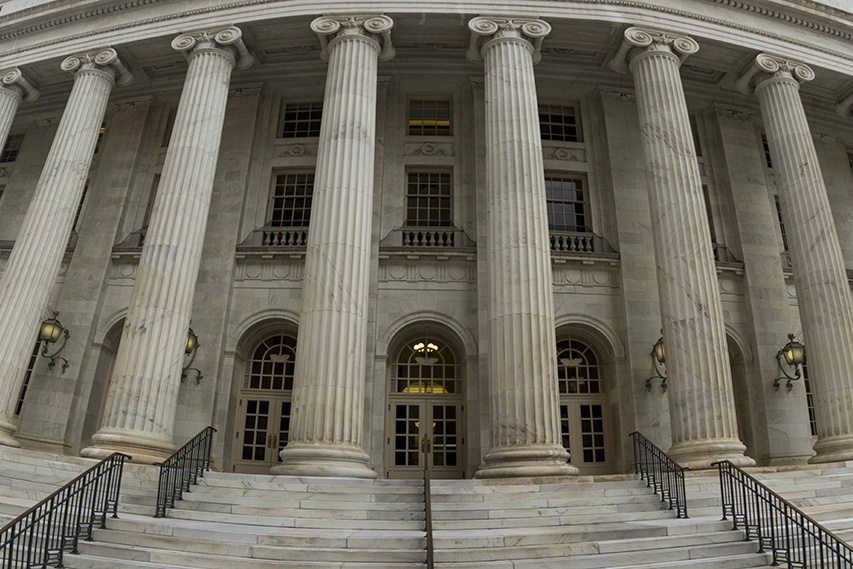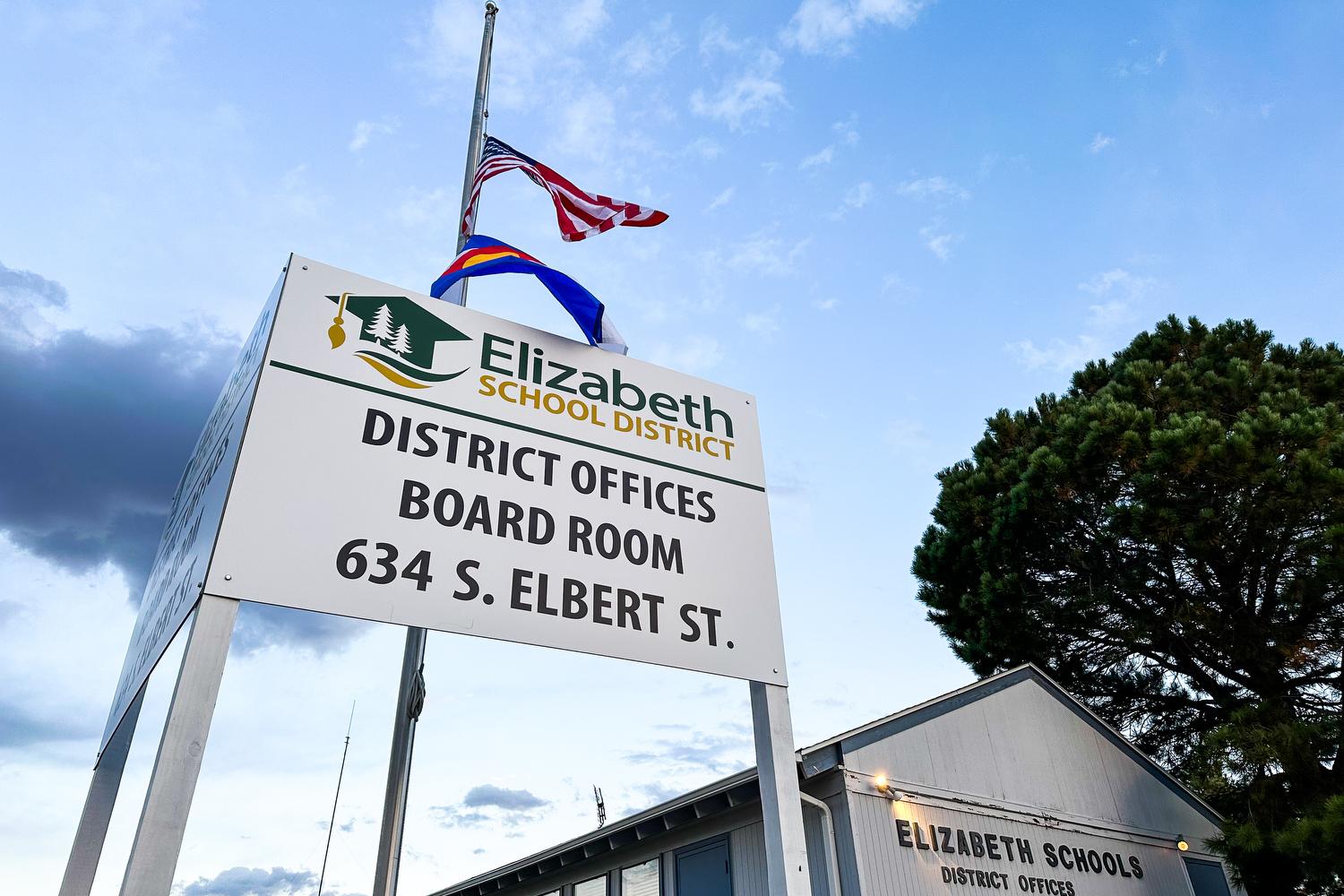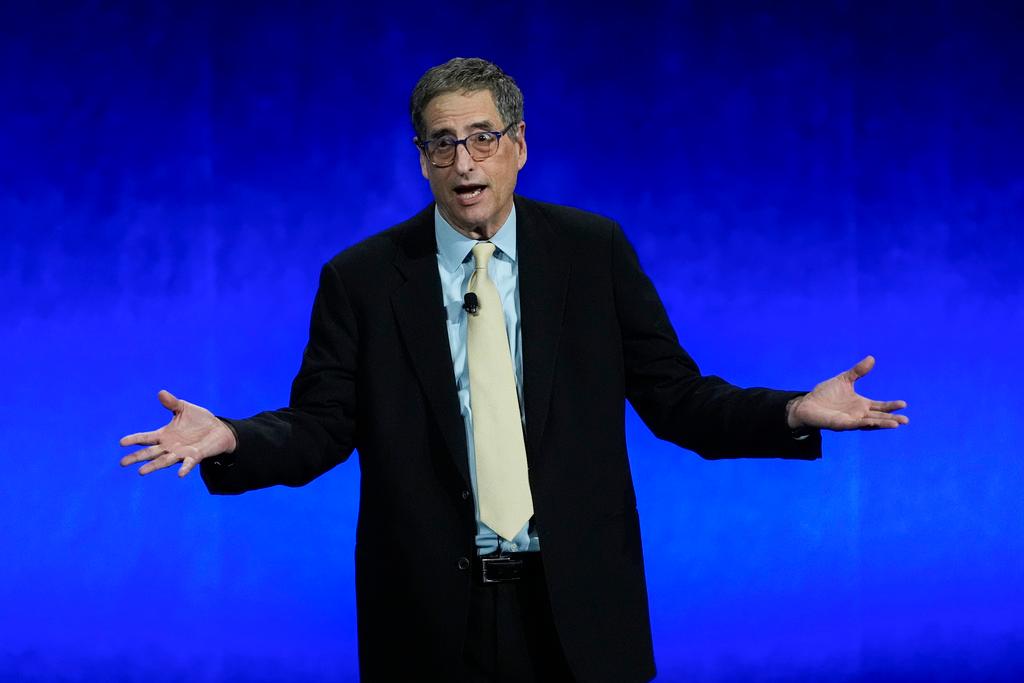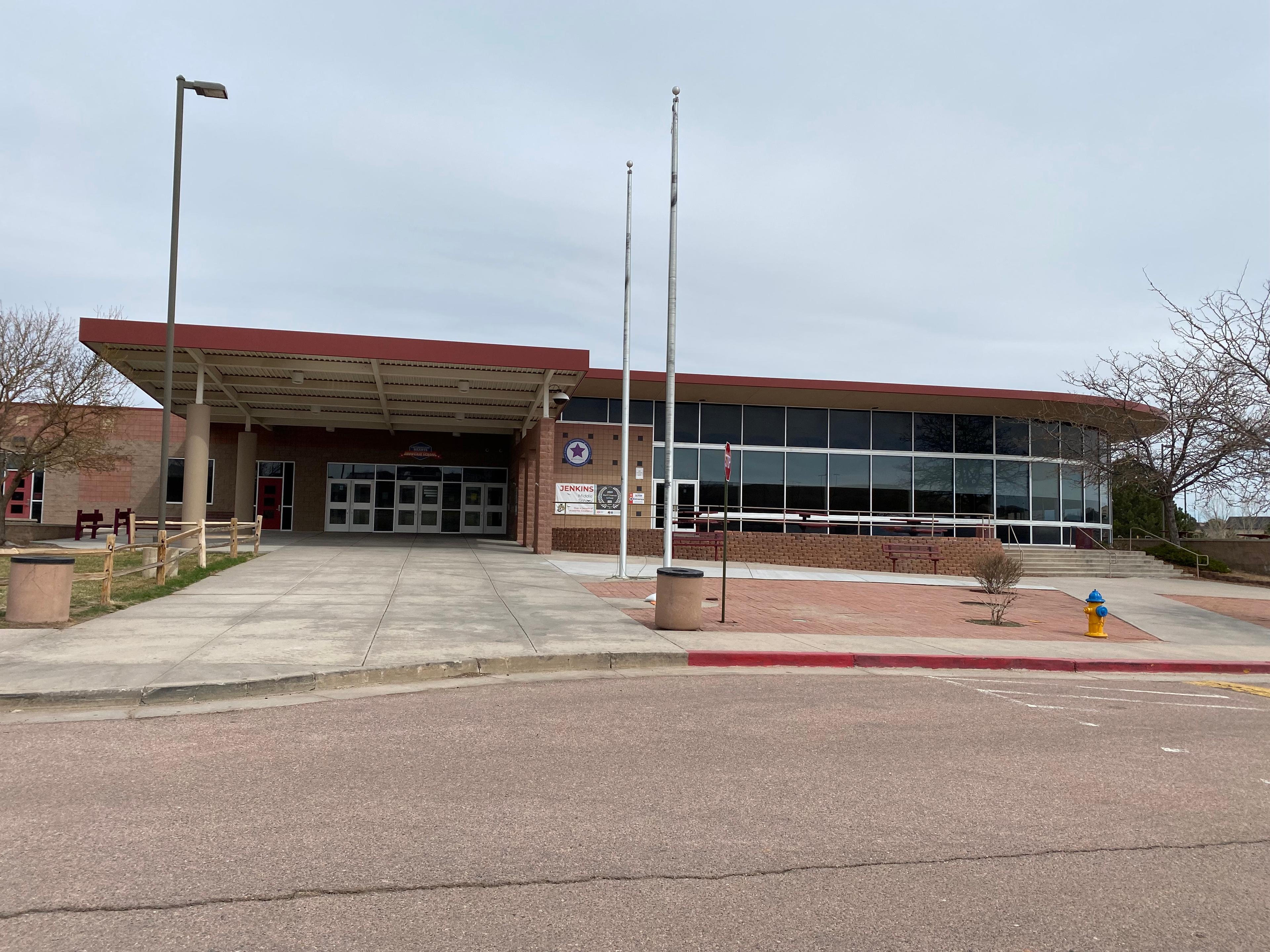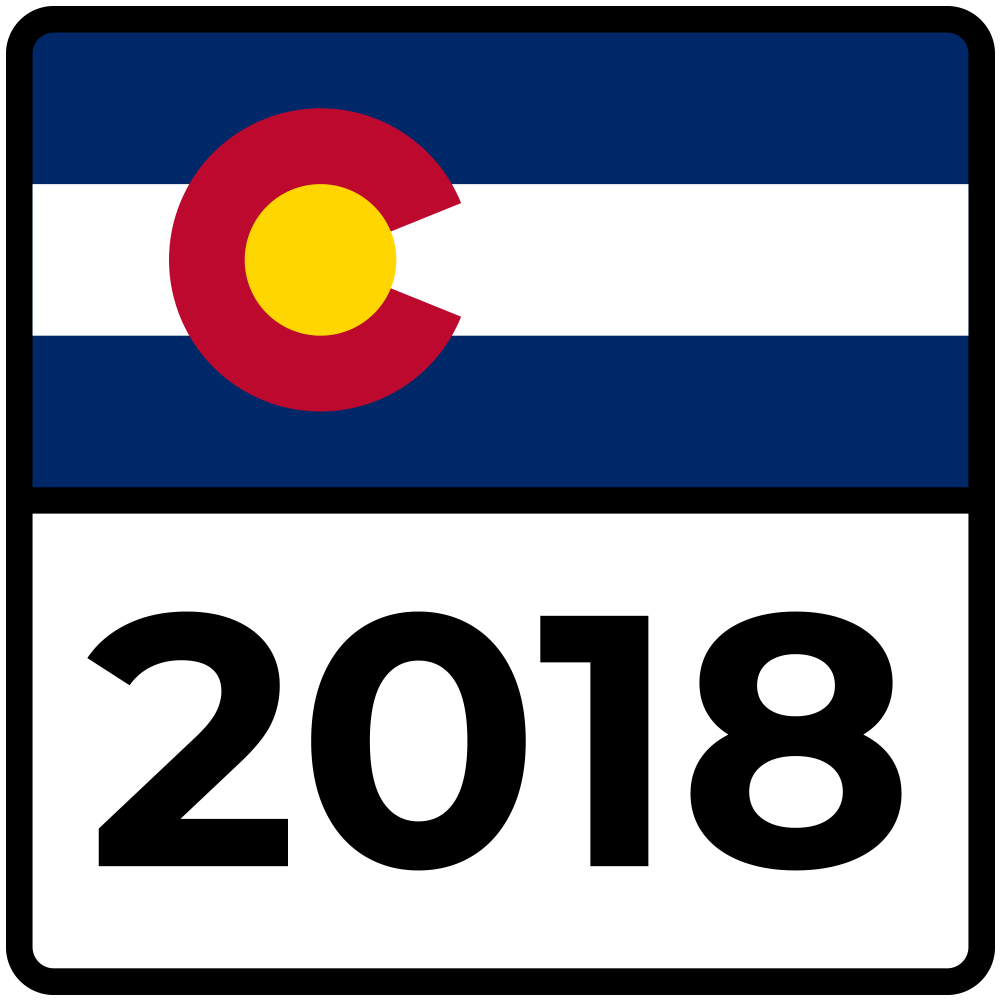
Proposition 110 would increase Colorado's sales tax from 2.9 percent to 3.52 percent and allow the state to borrow up to $6 billion. The $767 million generated annually would go toward a variety of road, transit, pedestrian, and bike projects.
The measure differs from Proposition 109 in that it raises taxes, allows state and local governments to choose which projects to pursue, and includes money for multimodal transportation projects. Researchers at the legislature estimate it will affect taxpayers thusly:
| Family Income | State Sales Tax Paid (2.9%) | Tax Increase (.62%) | Total State Sales Tax Paid (3.52%) |
|---|---|---|---|
| $6,495 | $197 | $42 | $239 |
| $13,143 | $235 | $50 | $285 |
| $24,015 | $359 | $77 | $436 |
| $42,272 | $459 | $98 | $557 |
| $74,374 | $611 | $131 | $742 |
| $83,473 | $730 | $156 | $886 |
| $190,232 | $1,171 | $250 | $1,421 |
Proponents, including transportation agencies across the state and business groups, say the state needs to invest immediately in its infrastructure and can't afford to expand and modernize its transportation network without new revenue. They also say it allows the state to fund other programs like education, health and public safety while investing more in transportation.
Opponents, including the conservative Independence Institute think-tank, which is running its own transportation ballot measure, say the state should cut other programs to spend more on transportation. They also say it spends too much on multimodal transportation and relies on a sales tax, which they say disproportionately affects low-income residents.
The measure is statutory, meaning it needs a simple majority to pass.
